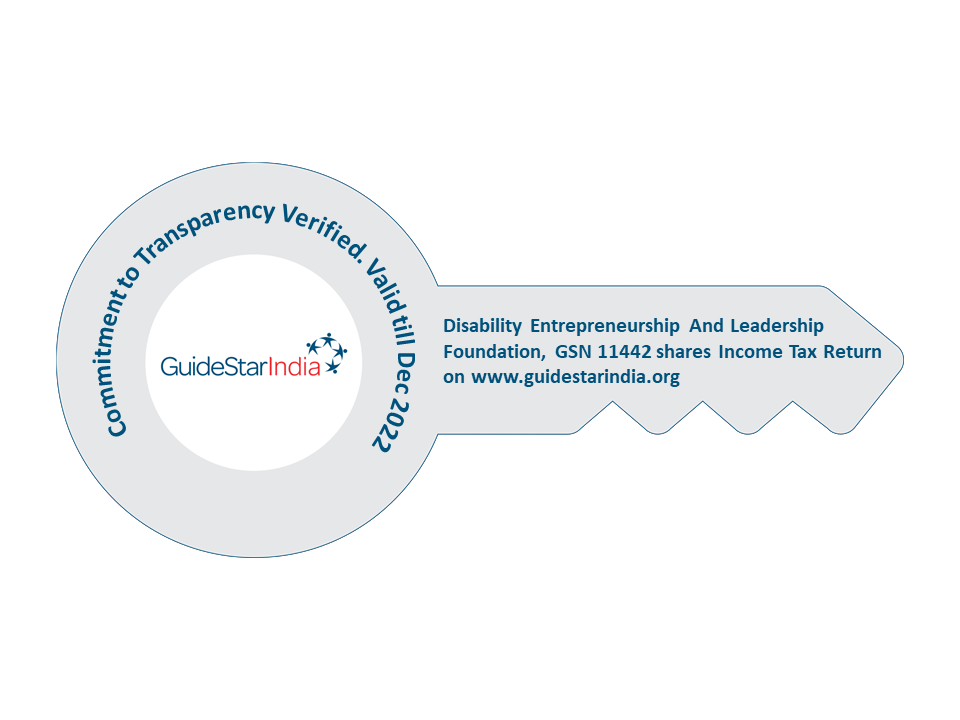COVID-19 is a new disease and we are still learning about it and who is more likely to become severely ill.
Coronavirus disease is a respiratory illness that can spread from person to person. The virus is thought to spread mainly between people who are in close contact with one another (within about 6 feet) through respiratory droplets produced when an infected person coughs or sneezes. It is also possible that a person can get COVID-19 by touching a surface or object that has the virus on it and then touching their own mouth, nose, or eyes.
Most people with disabilities are not more likely to become infected with or have severe illness from COVID-19. However, some people with disabilities might be more likely to get infected or have severe illness because of underlying medical conditions, congregate living settings, or systemic health and social inequities. All people with serious underlying chronic medical conditions like chronic lung disease, a serious heart condition, or a weakened immune system seem to be more likely to get severely ill from COVID-19. Adults with disabilities are three times more likely than adults without disabilities to have heart disease, diabetes, cancer, or a stroke.
Here is the list of people who are prone to great risk due to covid 19.
- People who have limited mobility or who cannot avoid coming into close contact with others who may be infected, such as direct support providers and family members
- People who have trouble understanding information or practicing preventive measures, such as hand washing and social distancing
- People who may not be able to communicate symptoms of illness
One needs to protect themselves by adopting the following measures:
- Ask your direct support provider if they are experiencing any symptoms of COVID-19 or if they have been in contact with someone who has COVID-19
- Tell your direct service provider to wash their hands when they enter your home and before and after touching you (e.g., dressing, bathing/showering, transferring, toileting, feeding), handling tissues, or when changing linens or doing laundry. Learn more about proper handwashing.
- Clean and disinfect frequently touched objects and surfaces (e.g., counters, tabletops, doorknobs, bathroom fixtures, toilets, phones, keyboards, tablets, bedside tables), and equipment such as wheelchairs, scooters, walkers, canes, oxygen tanks and tubing, communication boards and other assistive devices.
There are some additional things people with disabilities can do to prepare during the COVID-19 outbreak:
- Plan what you will do if you or your direct support provider gets sick. Create a contact list of family, friends, neighbours and local service agencies that can provide support in case you or your direct support provider becomes ill or unavailable.
- Plan at least two ways of communicating from home and work that can be used rapidly in an emergency (e.g., landline phone, cell phone, text-messaging, email). Write down this information and keep it with you.
- Have enough household items and groceries so that you will be comfortable staying home for a few weeks, at least a 30-day supply of over the counter and prescription medicines and any medical equipment or supplies that you might need. Some health plans allow for a 90-day refill on prescription medications. Consider discussing this option with your healthcare provider. Make a photocopy of prescriptions, as this may help in obtaining medications in an emergency situation.
Risk of infection with COVID-19 is higher for people who are in close contact with someone known to have COVID-19, such as healthcare workers, direct support providers, and household members. Other people at higher risk for infection are those who live or have recently been in an area with ongoing spread of COVID-19.
Prevention
The best way to prevent infection is to take everyday preventive actions, including:
- Wear a mask.
- Stay at least 6 feet from people who don’t live with you.
- Avoid crowds and poorly ventilated spaces.
- Wash your hands often, or use hand sanitizer made with at least 60% alcohol.
(Source: www.cdc.gov)
Disability Entrepreneurship And Leadership (DEAL) Foundation works across the districts of Gadag and Bengaluru to promote sustainable livelihood opportunities for persons with disabilities. As a part of our work, we have also been helping persons with disabilities by identifying their needs and helping them cope with the current situation.
For those of you reading my blog, if you happen to come across any person with disability who needs help with anything related to do with the pandemic, you could reach us by writing to us at info@deal-foundation.com, and to understand more about the work of the foundation, you could visit www.deal-foundation.com.


 Awarded by Guidestar India
Awarded by Guidestar India